Warning: This article deals with depression and mental health. Please see below for help and crisis information
Note: This article was originally published in the New Zealand Herald.
At 19 years old, I found myself utterly powerless, overwhelmed by negative emotions and thoughts. I had a deep sense of hopelessness and I couldn’t see any light at the end of the tunnel.
I stopped going to my university classes, I wasn’t showing up at my part-time job, and I hid myself away from going to social gatherings. Simple things like eating, showering, and dressing myself became impossible challenges I couldn’t complete. I was unable to do anything except sleep and repeat each day.
In complete despair, I was robbed of any sense of joy, motivation and hope for the future.
A friend made a call to a crisis care team and the next thing I knew, I was booked for an appointment at Greenlane Clinical Centre. I met with a psychiatrist and psychologist through crisis care and was diagnosed with clinical depression, prescribed antidepressants, and I was referred to a counsellor.
This was such a weight off my shoulders. It was my lifesaver in the storm I was stuck in. Finally, someone recognised that I was struggling, that I was ill and that I needed help beyond what I could do alone. This voice in my head, the tightness in my chest, the fog in my life finally had a name and it was called depression.
Something was chemically and psychologically wrong. I wasn’t lazy, stupid, useless, nor broken like I felt. I was sick. For the first time in six months, I could breathe.
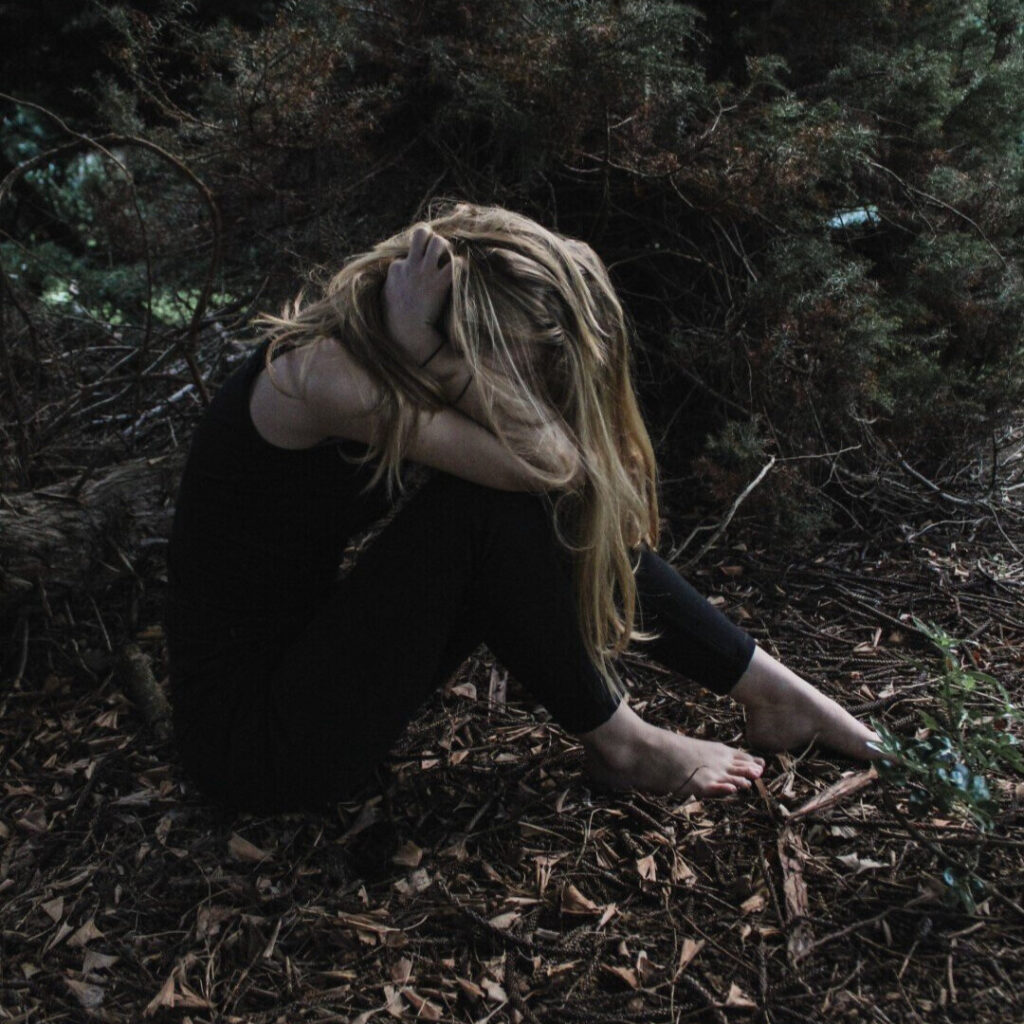
The next few months were not a smooth ride. Medication and counselling played a part in my recovery. I still had really hard days where I could not get out of bed, but I also had days that brought me joy.
Spending time outdoors also became my therapy. I was able to step away from everyday life for just a few moments. It was exciting to visit new places and I would challenge myself to explore a different place in Auckland every day. I would walk around the local park, find hidden bays, explore long bushwalks, and climb volcanic mountains.
Nature created a space for me to feel all the emotions, to let go, to ground myself, to just be. Nature didn’t pass judgment on me for forgetting to brush my teeth that morning, or question why I didn’t text that friend back, it just let me be.
The outdoors made me curious, it helped me slow down and look closely at the intricate details of a flower, the different types of plants and leaves that each park had, to listen and not just hear the birdsong. Nature was grounding, it helped me re-engage with all my senses, it was playful and gentle and beautiful.
It grew from there. I started chasing new places further afield with weekend trips to the Coromandel, Tauranga, and Whangārei. Everywhere, there was more beauty to discover, more to see, more to explore.
Nature played a big part in my healing journey, but it didn’t solve everything.
I visited the South Island for the first time. My world grew a little bit bigger with each corner we drove around. Magic, wonder, awe. The mountains were nothing like anything I’d seen before, the bush was so untouched, so prehistoric.
And then a bad day hit. I don’t remember what or why, but most of the time, depression doesn’t need a reason to rear its head. Most of the time, it’s always there lingering.
We were at Ōmarama Clay Cliffs – a secret wish list destination I’d seen on my Instagram.
Then, I was paralysed. I couldn’t get out of the vehicle – depression came to say “hello”. I fought it, I got angry at it, I didn’t understand why it wanted to show up in such a beautiful place, why it wanted to ruin my day. How could I be sad in a place like this?
Hours later, we finally got out of the vehicle.
That day, nature welcomed me like it always does – without judgment. I didn’t need to say anything and I didn’t need to show up as my best self. Nature taught me that the problems I faced were within me, they were not problems I could run away from. Wherever I went, they would come too – even to the South Island.
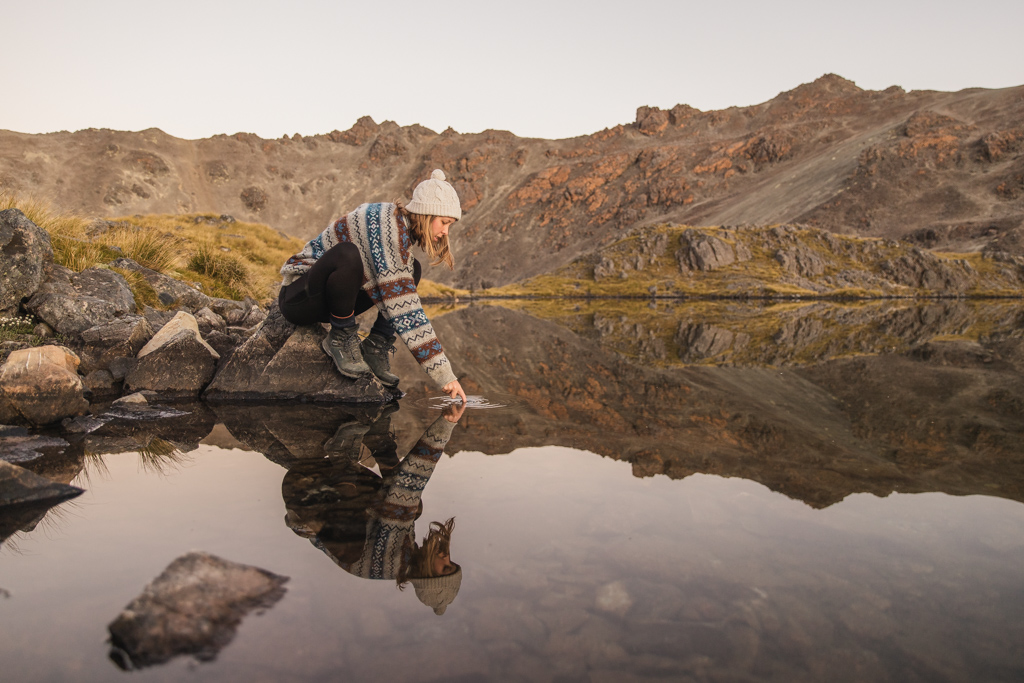
Depression is a cruel beast. It robs you of joy and it takes away your hope and purpose. It leaves you with nothing but a big, dark, empty hole. It sucks.
Nature gave me something back. It gave me calm, it gave me peace. It taught me lessons about the rhythms of life and its seasons. It taught me that my season of depression wouldn’t last forever either. It started to fill that dark hole with beautiful things, joy, hope, and happiness.
The journey to recovery is everything except linear. But coming back to nature time and time again, slowly became my therapy.
Where to get help:
• Lifeline: Call 0800 543 354 or text 4357 (HELP) (available 24/7)
• Suicide Crisis Helpline: Call 0508 828 865 (0508 TAUTOKO) (available 24/7)
• Youth services: (06) 3555 906
• Youthline: Call 0800 376 633 or text 234
• What’s Up: Call 0800 942 8787 (11am to 11pm) or webchat (11am to 10.30pm)
• Depression helpline: Call 0800 111 757 or text 4202 (available 24/7)
• Helpline: Need to talk? Call or text 1737
• Aoake te Rā (Bereaved by Suicide Service): Call or text 1737
Abigail Hannah is the creator and host of travel podcast Aotearoa Adventures where she delves into local travel, adventure, and the outdoors in New Zealand. An urban planner turned marketing business owner, Abigail is also a skilled photographer and travel expert. Follow her on Instagram @abigailhannnah or tune into the Aotearoa Adventures podcast for more travel stories.
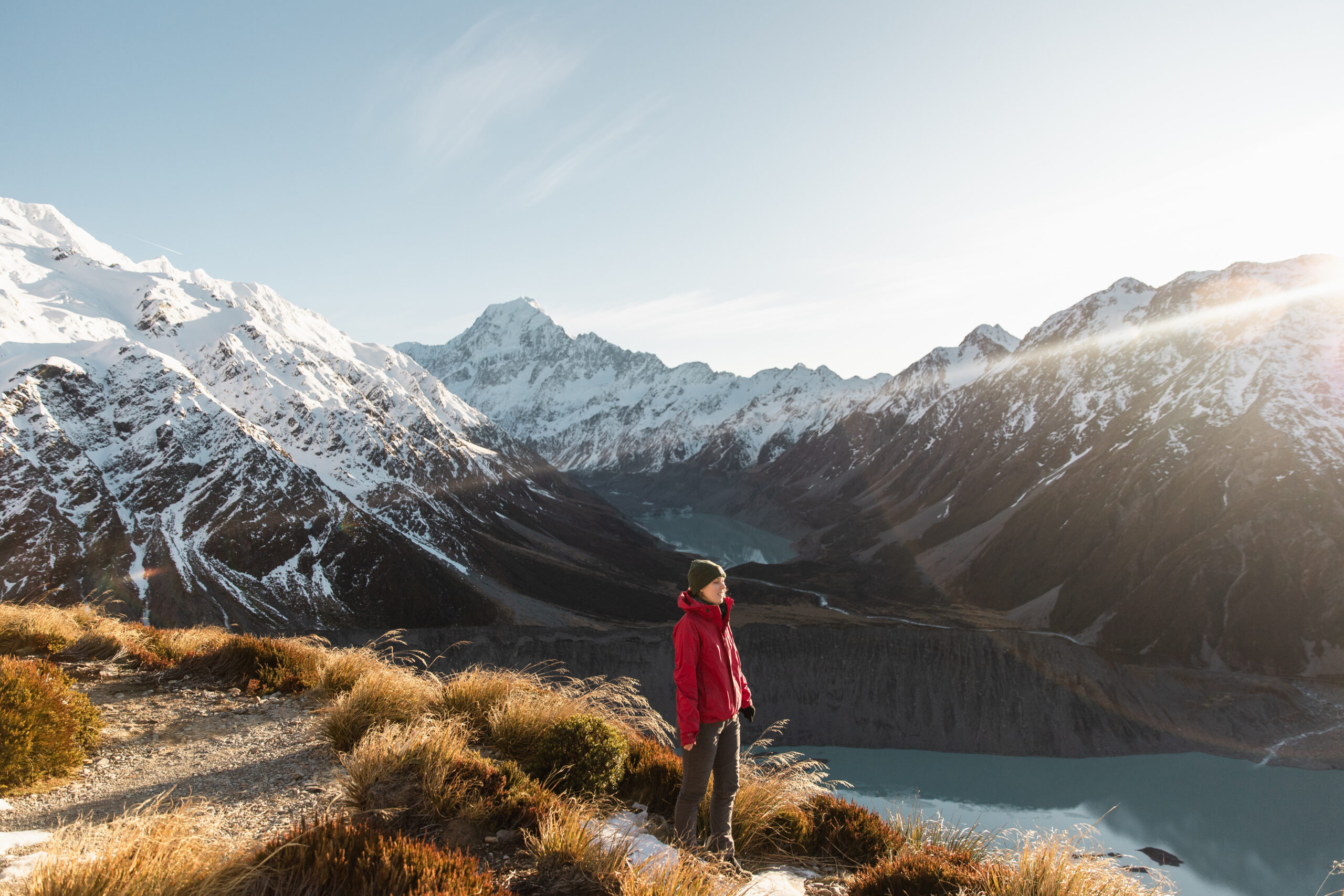
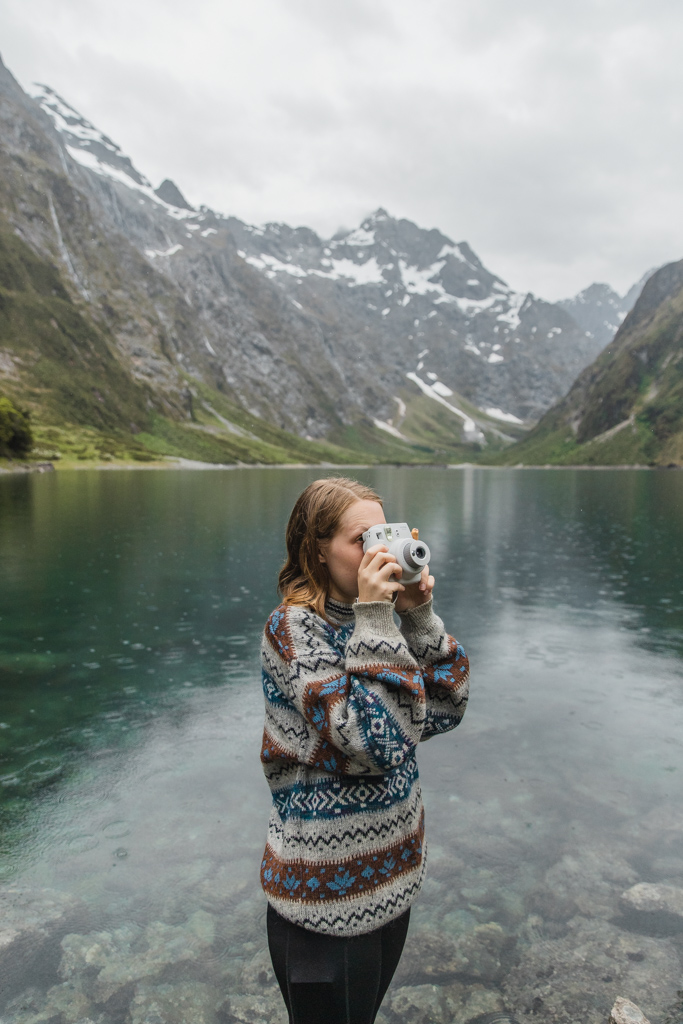
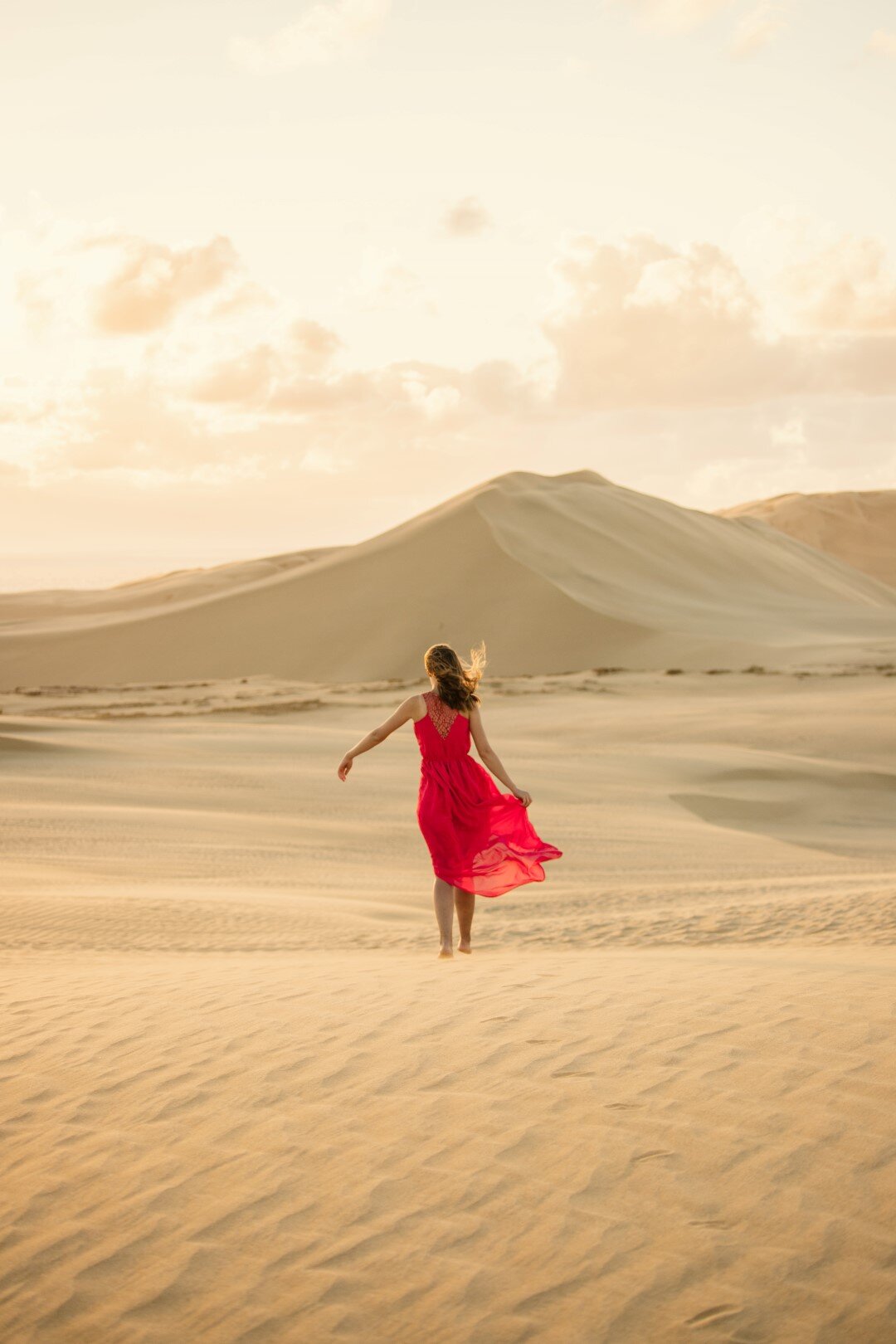
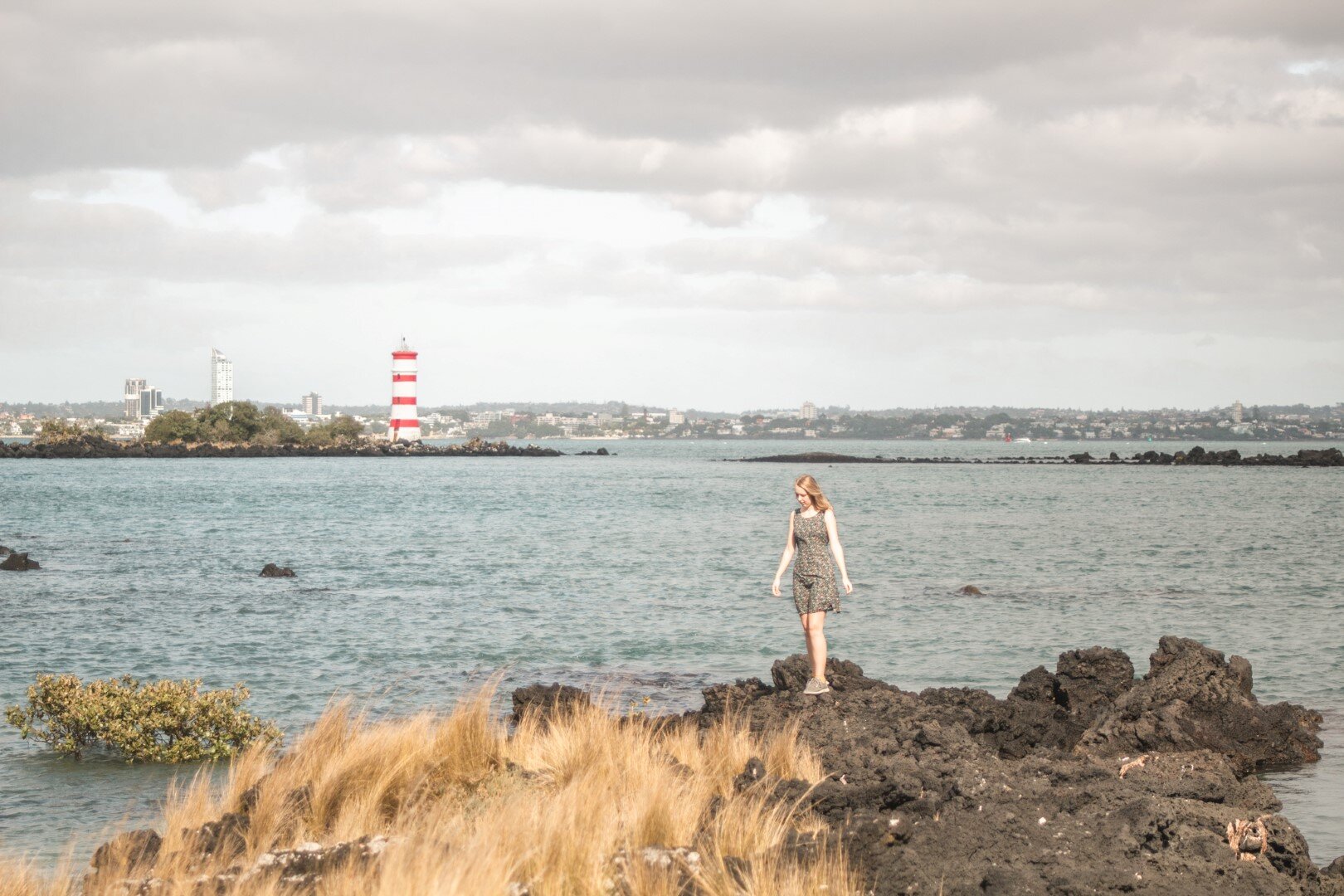
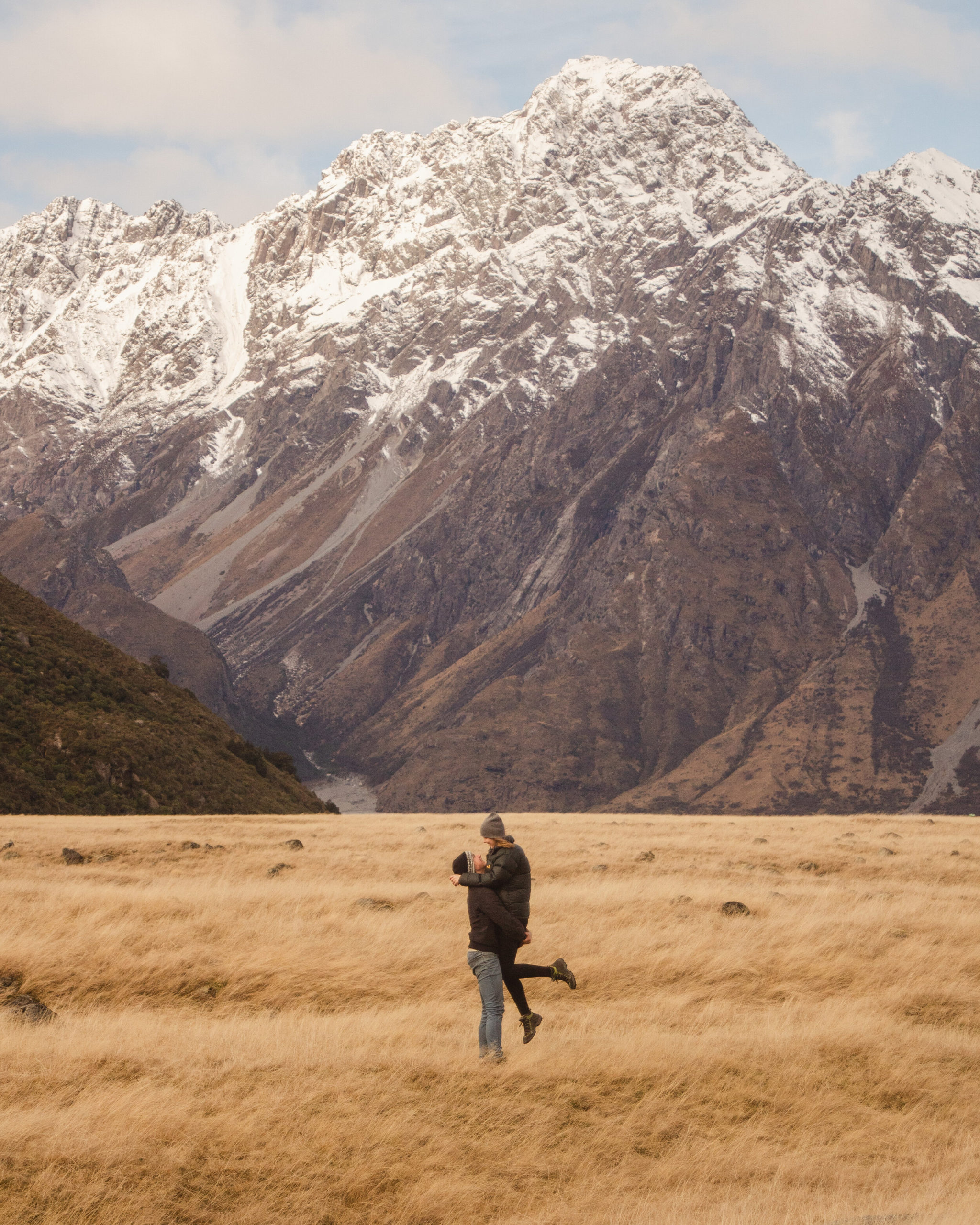
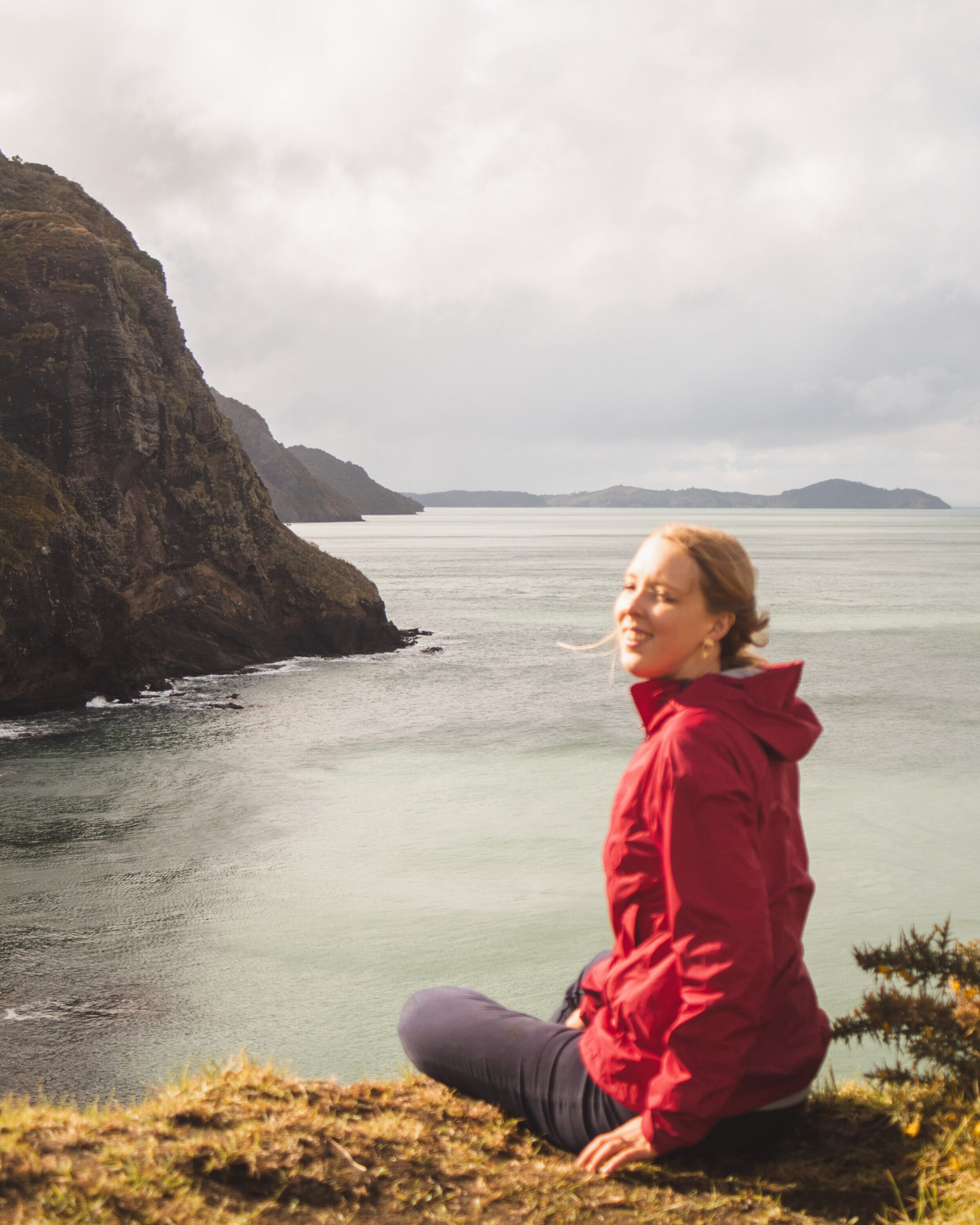
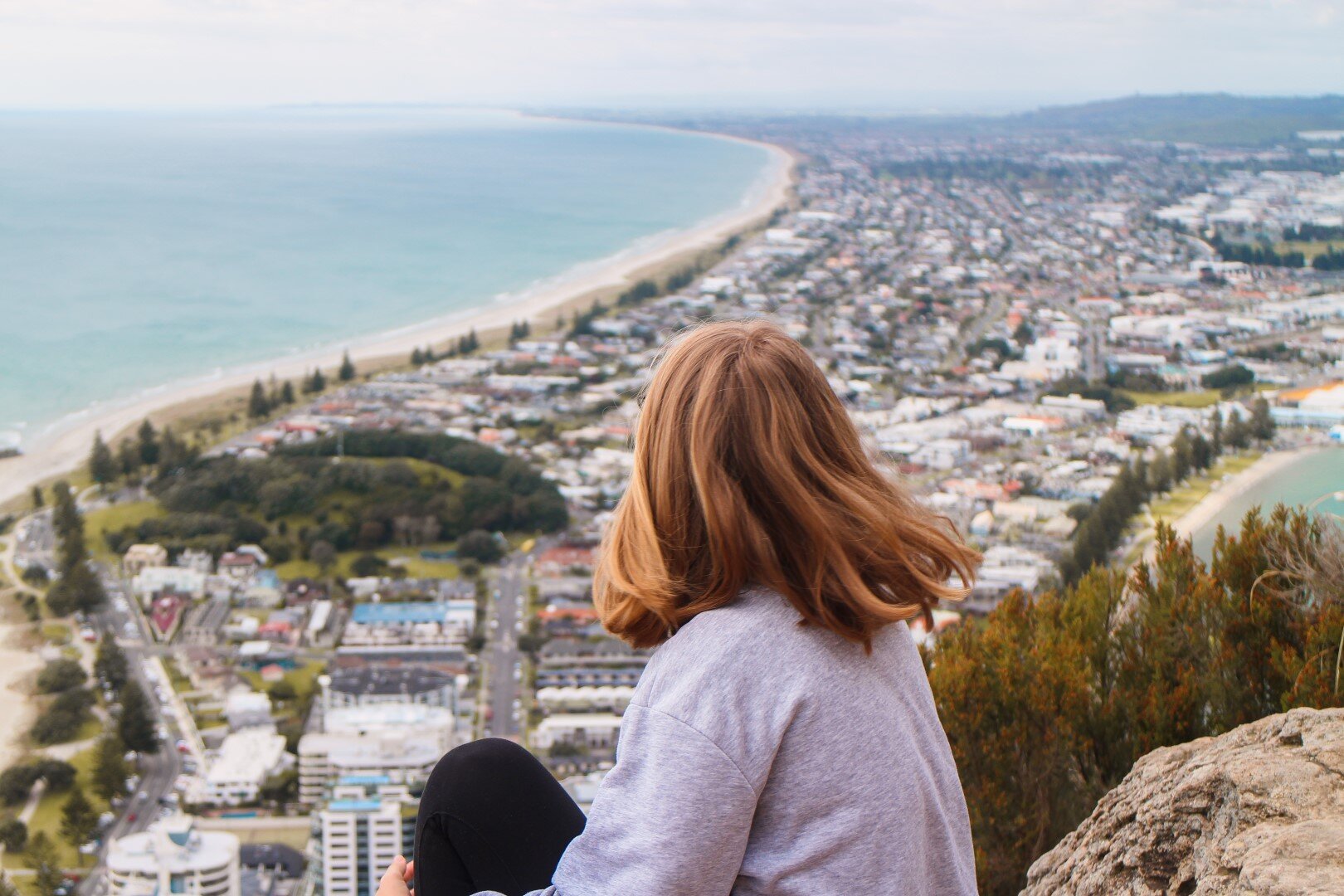
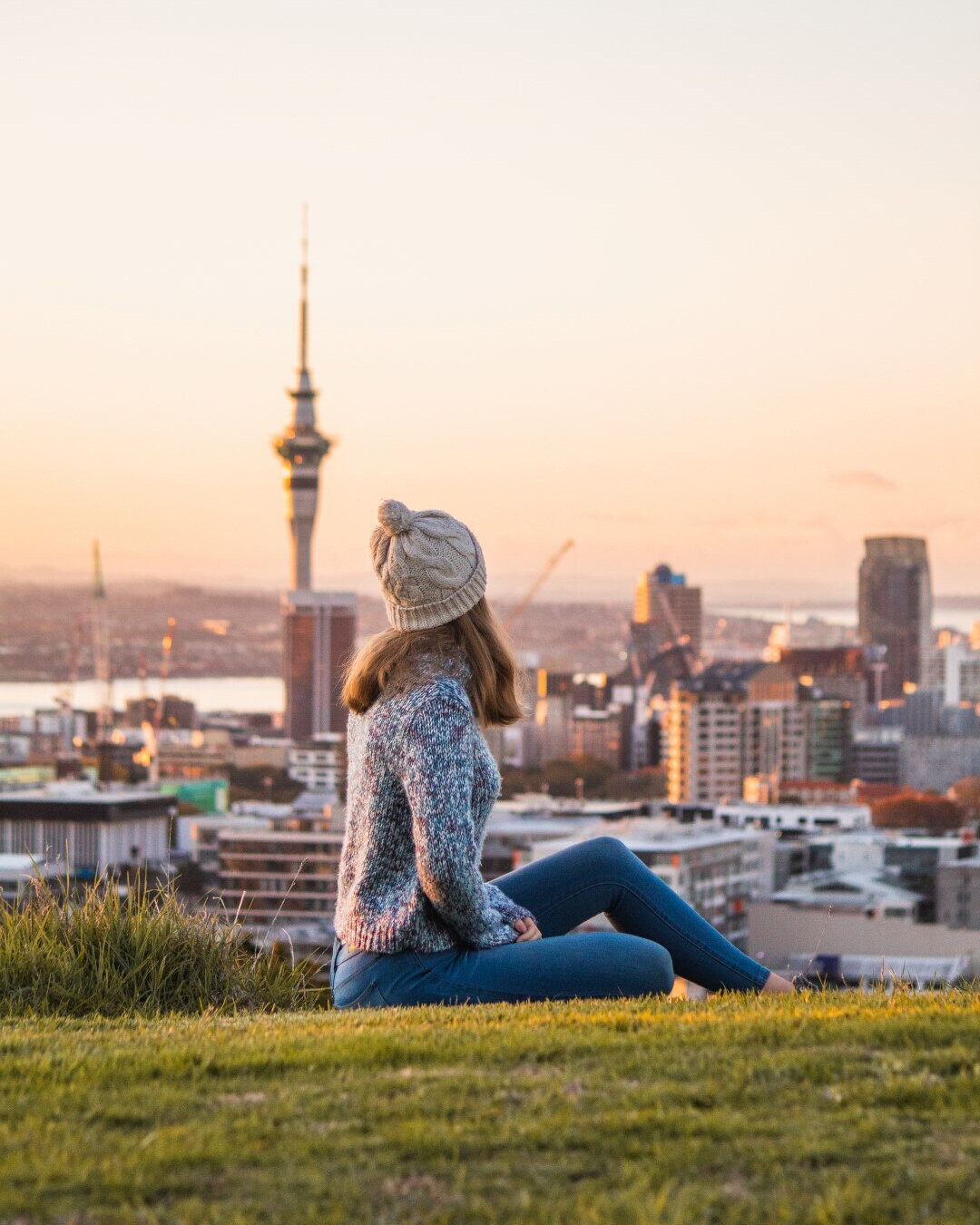
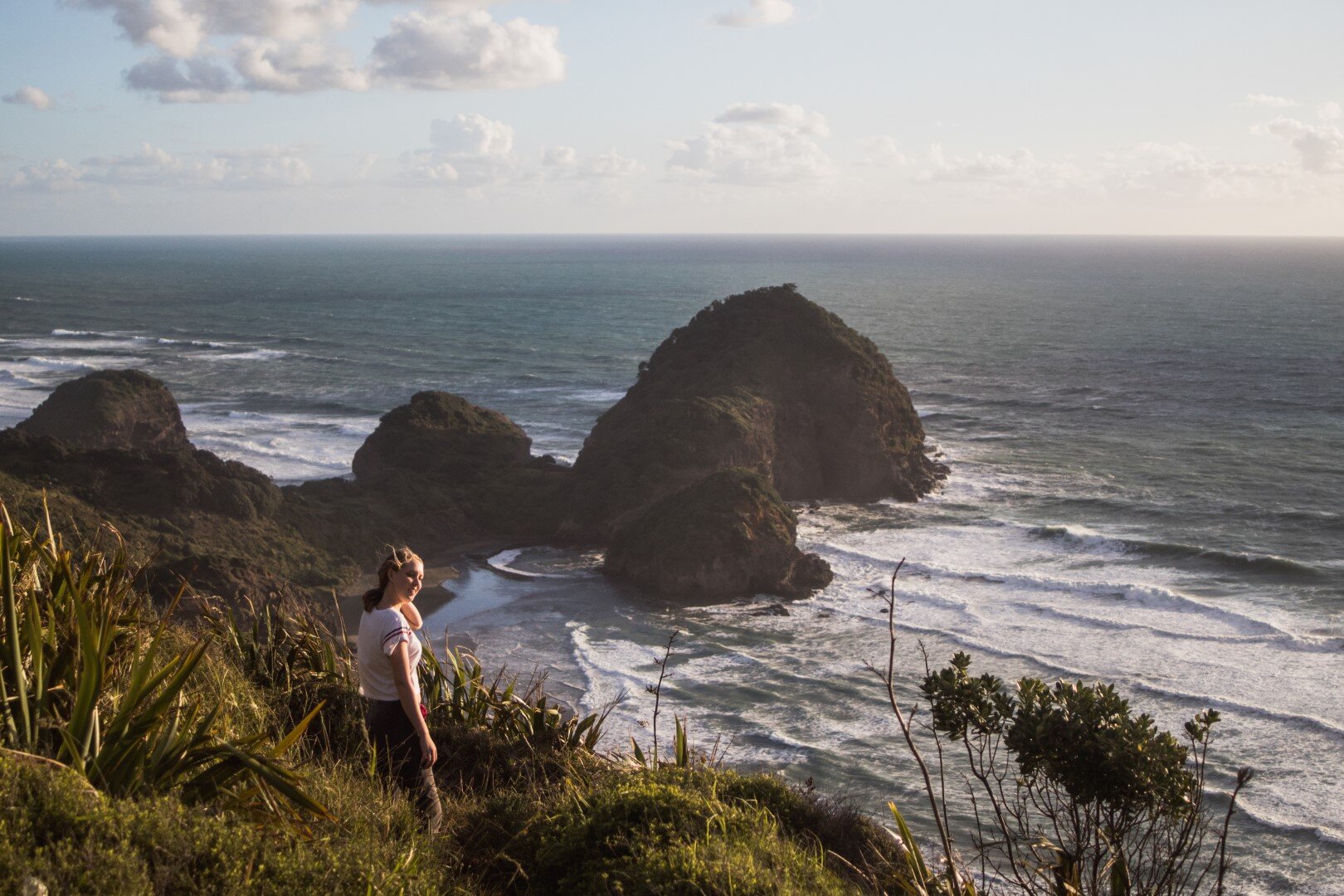
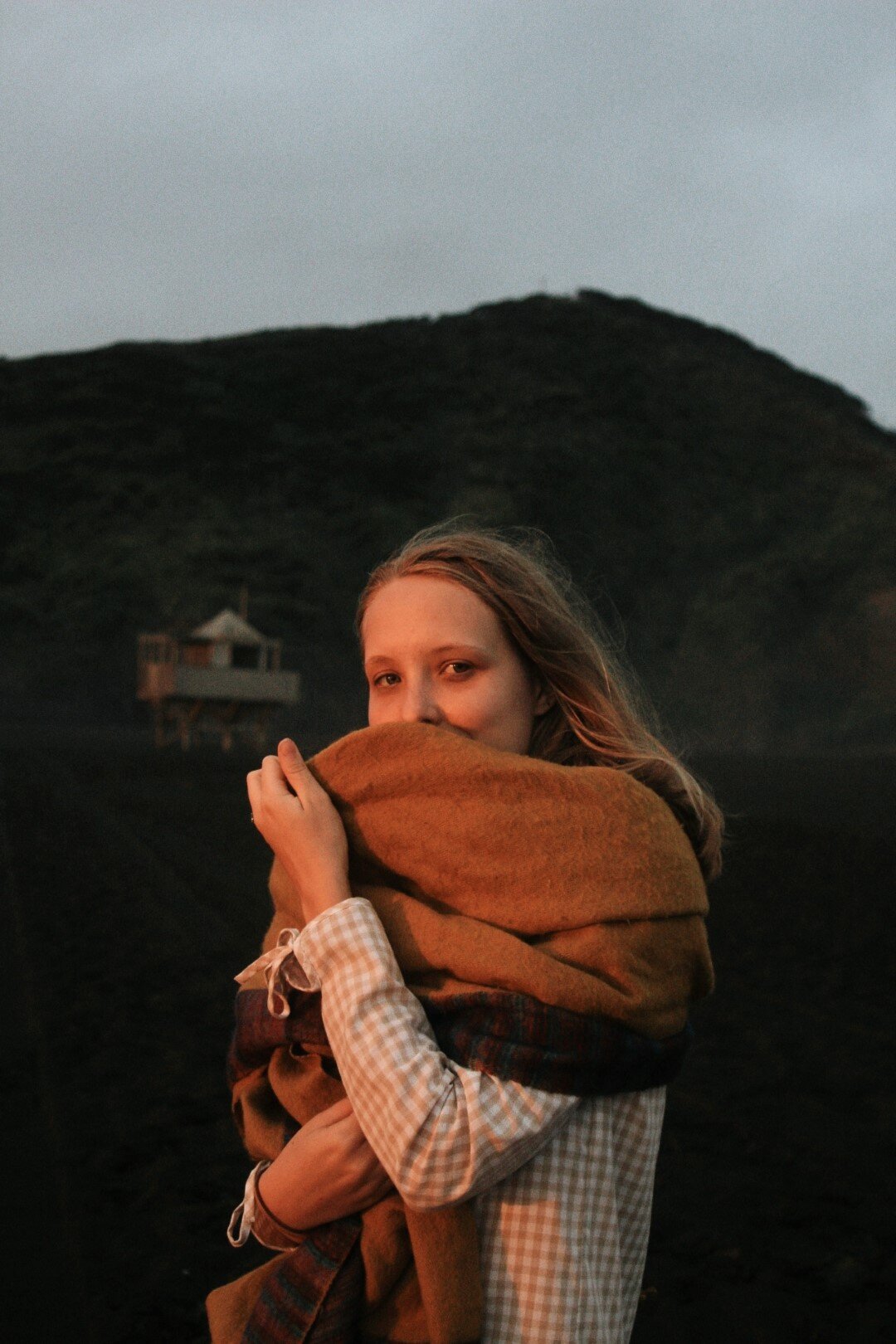

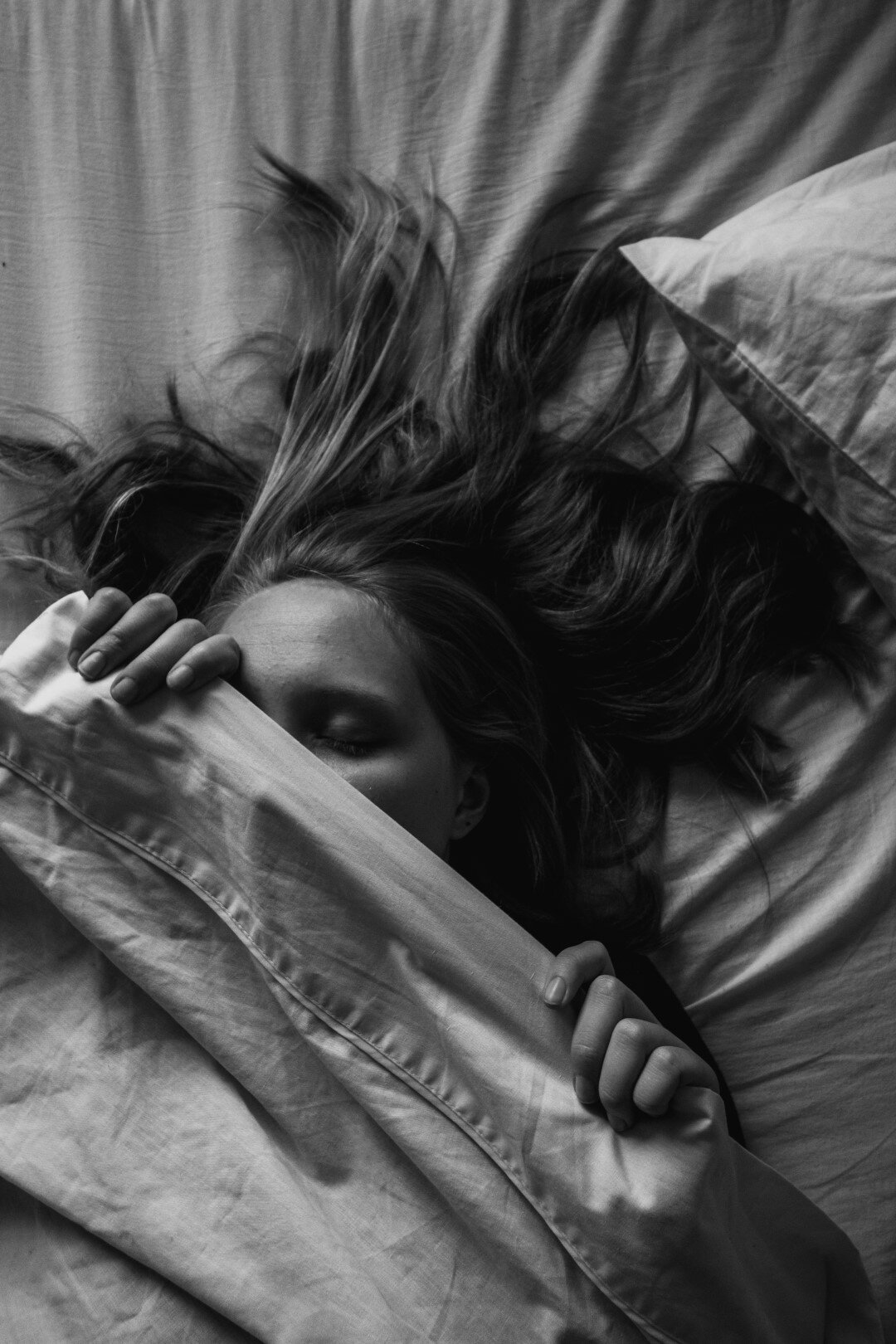
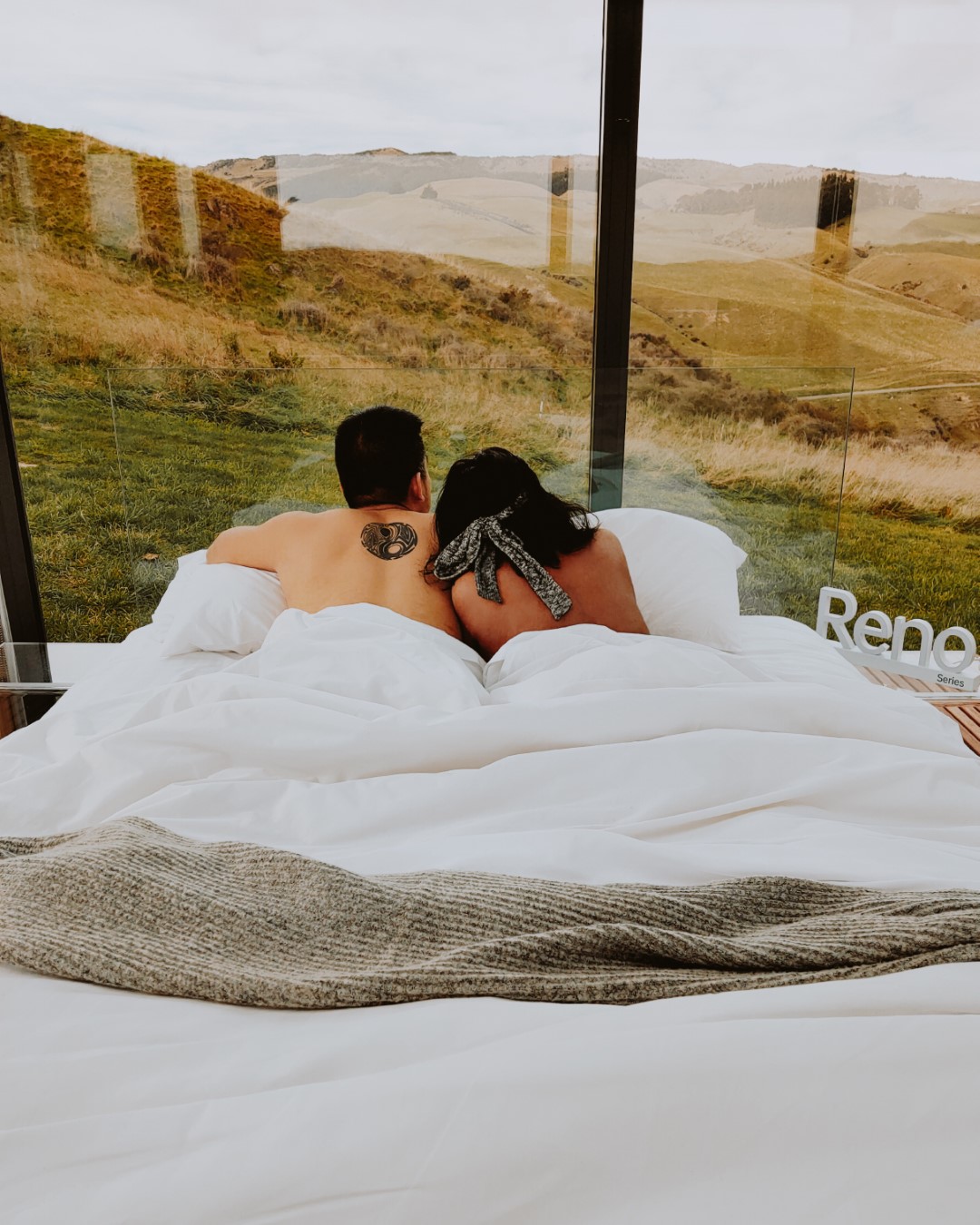
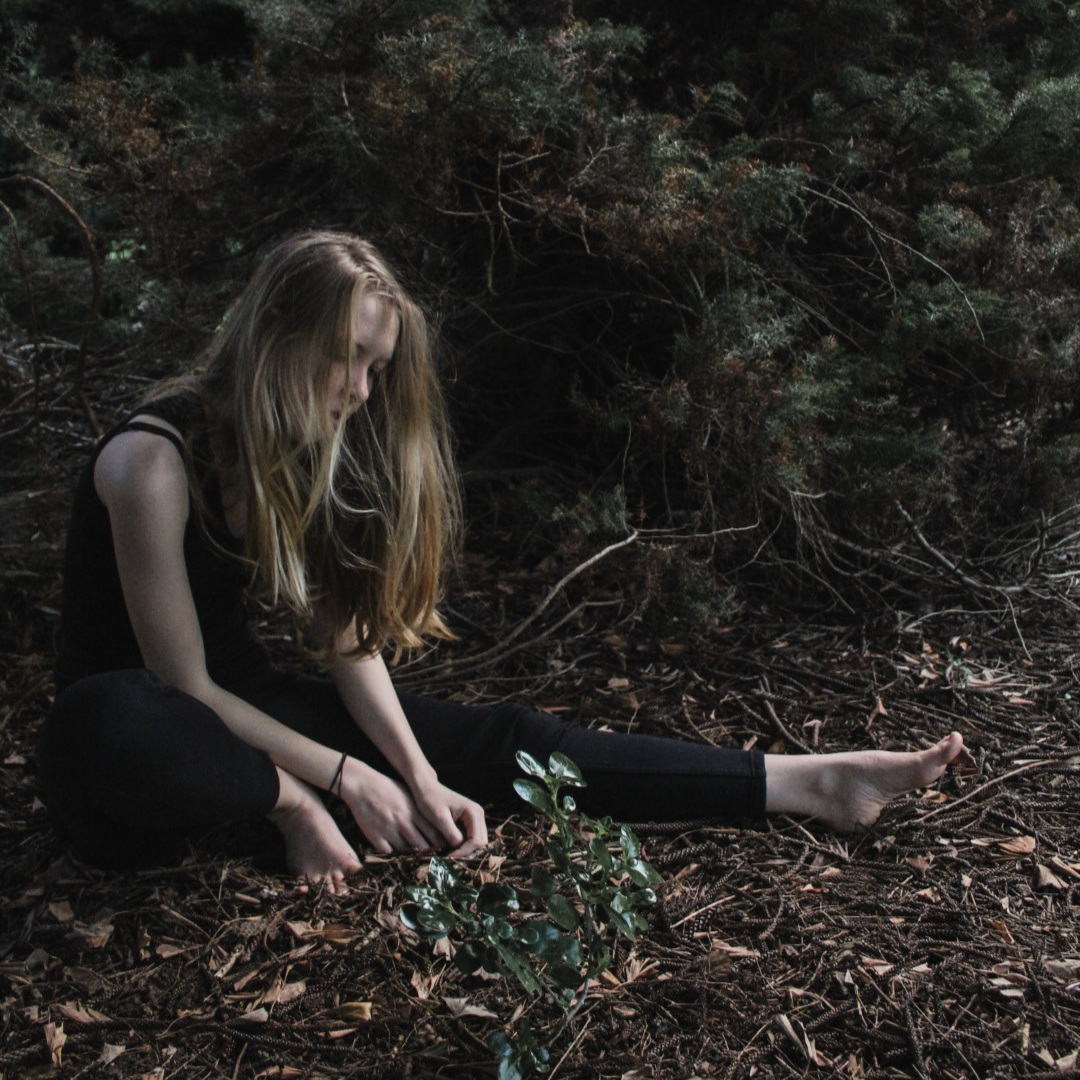
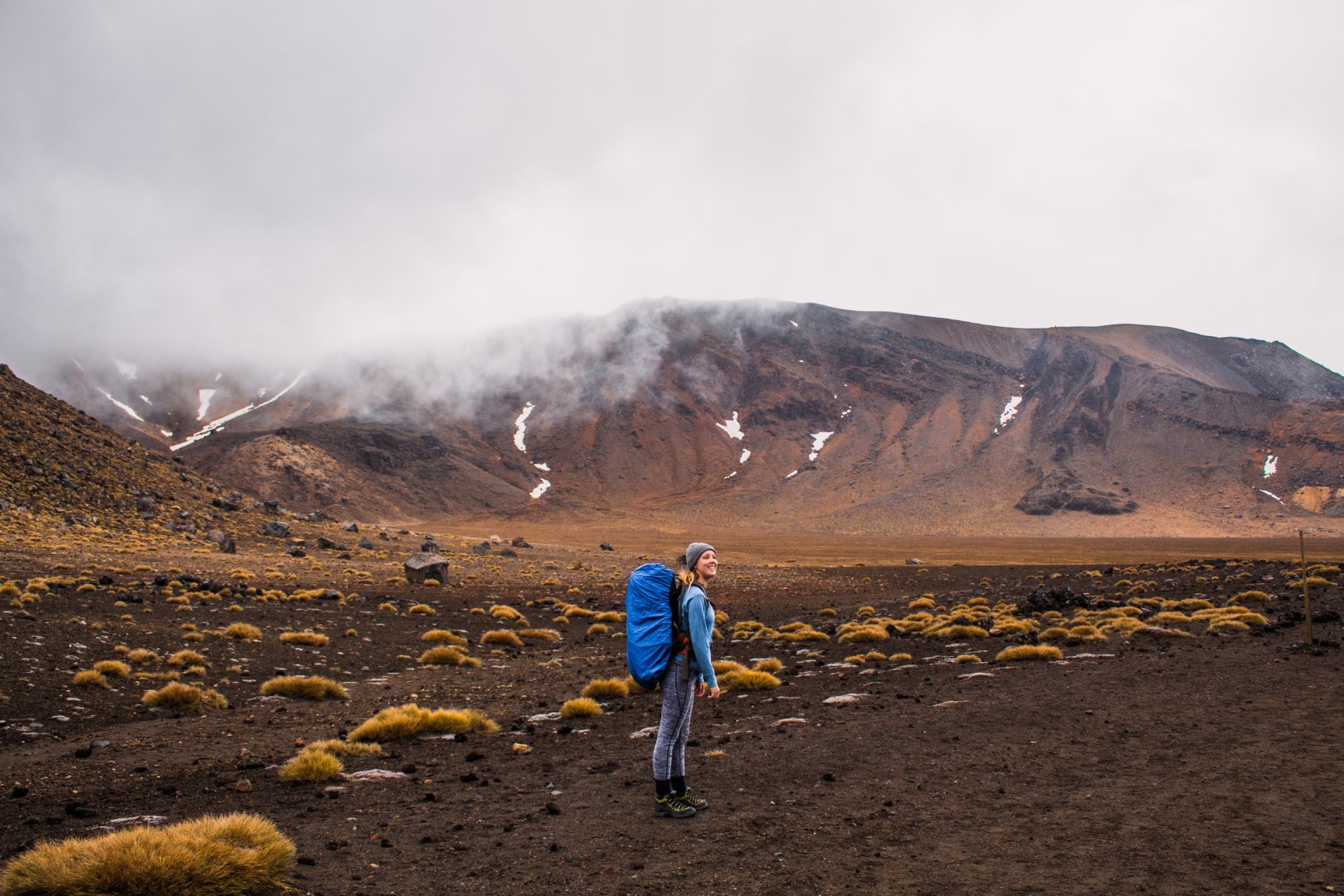

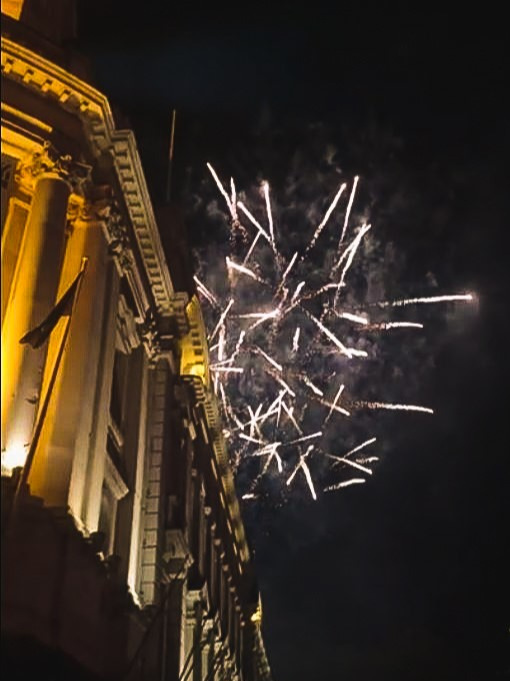
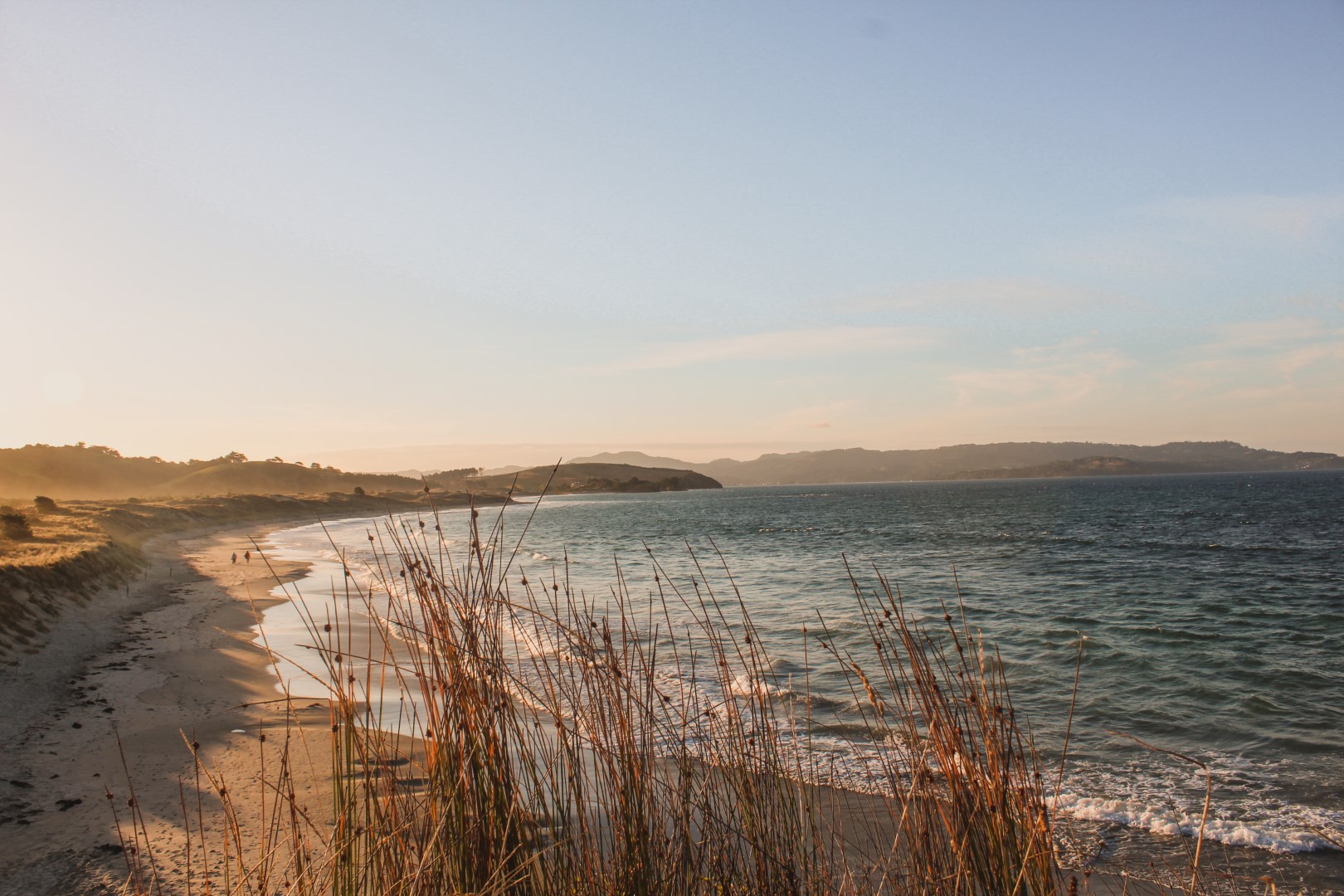
Comments +